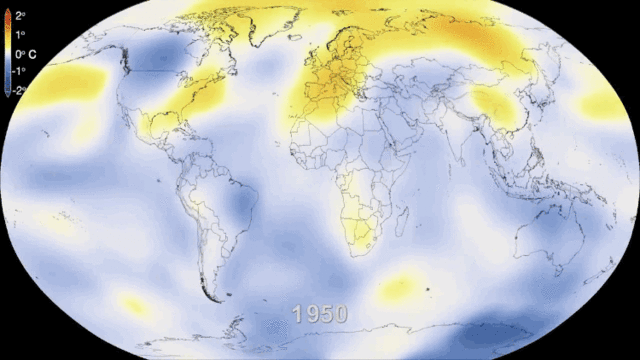Well I think you know more about geology than I do although as an oil and gas engineer I've worked closely with a few of them.
Interesting sidebar, in the mid-1990s I was working for a GIS company in the Mojave Desert. And one of the projects we got was taking the old hand drawn geological strata maps that had been created for the oil fields around Bakersfield (many dating back to the turn of the century) and digitizing them into AutoCad. I left before the project was completed, but the ultimate goal was to turn them into a 3D representation of the layers under the surface.
And this was in around 1996, when creating such and actually tying them into hard map coordinates was a very new and radical concept that had only recently been available.
And in going over hundreds of these giant hand drawn strata maps of differing depths and scanning them on a massive scanner (these were mostly 3x4 foot blueprints) and then laying the strata lines by hand in a computer took many months. And spending 8 hours a day just doing that gave me an even greater fascination for what lay under our feet. It's funny, but for most of the 1990s into the late 2000s I was actually in IT. But even then, it led me to many projects like that, or actually working at the huge open pit borax mine in the Mojave Desert.
And why I love living where I do now in SW Oregon. I got a huge variety of geology I can easily go to and explore on my time off for relaxation.
I am not any kind of "engineer", most of my career was actually in the military. But that allowed me to see much of the world, and things most others could never have imagined. But also being a computer tech and the son of an early computer programmer, the use of logic has long been a critical requirement. And my mom fostered that, as when my dad took me on vacations it was normally a place of historical interest (which I also love). But my mom, she took me to places where geology and other hard sciences were involved. From inside of hydroelectric dams and coal beds with their power plants in Wyoming, to the first atomic power plant, CotM and Yellowstone.
But to me, none of this is, was, or should ever be "emotional". I view it all about as coldly as possible, because facts and logic should be the foundation of science and not emotion. And the more somebody tries to push emotional aspects, the more I realize they are almost always completely lacking in the actual science and make no logical sense.
Termed “Pangea Ultima,” the predicted future landmass might be extremely hot, plagued by volcanoes and largely inhospitable, per a new modeling study

www.smithsonianmag.com
That is a great example of what I mean. It is based entirely to build fear and terror, and is almost completely lacking in actual science. Mammals actually first evolved over 205 mya, when the continents were still configured in Pangea. And it is trying to form a fear of extinction in 250 my, when who knows what the major life forms will even look like? Who is even to say mammals will even be a major species then, that is a hell of a lot of time in evolutionary terms.
And notice the maps that article uses, it is a complete joke.
In 250 my, the planet will not look like that at all. Many of our current mountain ranges will have eroded by then to a fraction of what they are now. And new Orogeny will have created new mountain ranges that we can not even really speculate on at this time. And they literally just moved the continents around, with all the mountains and flora in the future in the exact same place it is sitting in now.
That is completely and 100% wrong. If one goes back to post #51, I posted a great video by a geologist who explained what the actual climate and foliage on Pangea was like. And why it was the way it was. And the map shown above is completely wrong. The "West Coast" which is where the Americas are will be dry and barren, much of the inland dry and arid due to rain shadow effects. And the Eastern region will be wet and lush. With the entire planet much warmer than it is now with massive tropical storms slamming into the new East Coast, fueled by the huge warm water ocean that will allow them to grow in strength all the way across that ocean.
The more I have learned about geology, the more I am fascinated with how incorrect most people think about it.
Oh, and another fascination arose when I was dating my ex-wife. Because during that time her uncle came up to the US for a lecture tour by the National Geographic. A very famous paleontologist from Argentina that I was lucky enough to spend many hours talking with. It even ticked off my girlfriend, as I was spending less time with her during those weeks and more time with her uncle.

/https%3A%2F%2Ftf-cmsv2-smithsonianmag-media.s3.amazonaws.com%2Ffiler_public%2F57%2F31%2F5731443d-7cfb-4974-b01c-08e1157f08a0%2Fgettyimages-1661641716.jpg)
